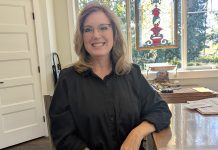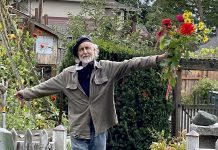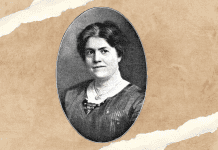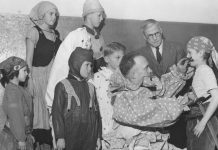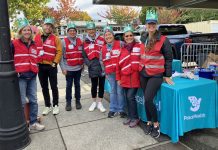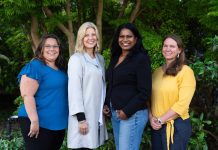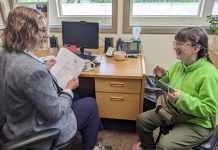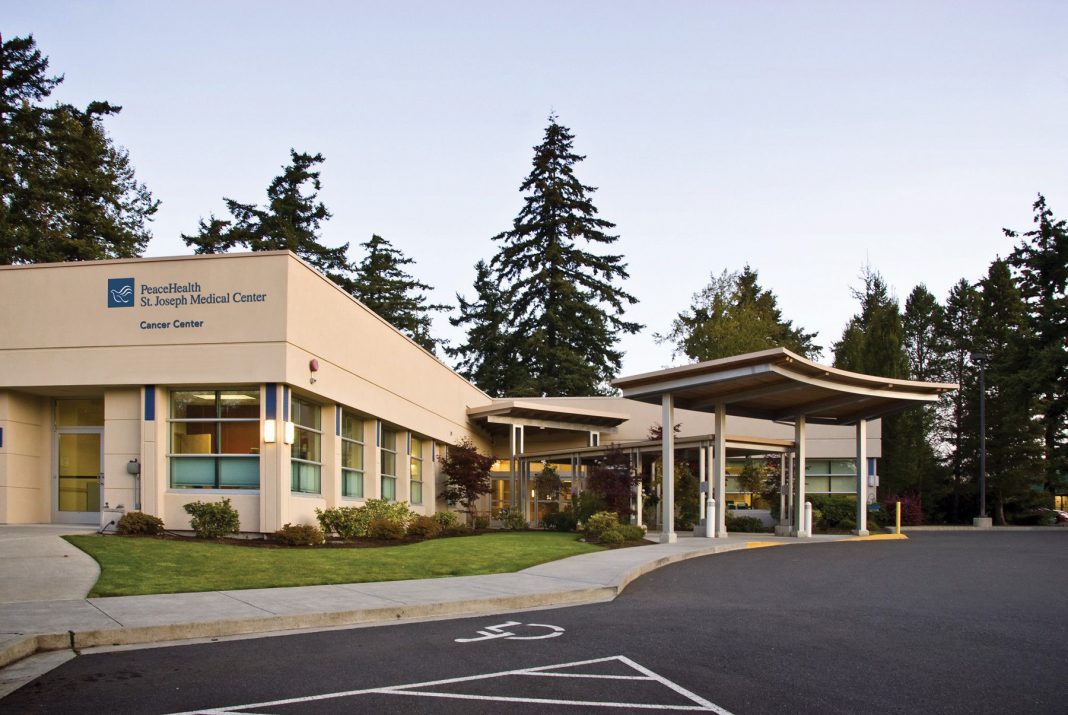For nearly two decades, Bellingham’s PeaceHealth St. Joseph Cancer Center has provided compassionate, comprehensive care to community members dealing with cancer.
In staying on top of treatment innovations, the 35,000-square-foot Cancer Center is welcoming both new doctors and state-of-the-art technology to its repertoire of cancer-fighting tools.
On the personnel side, three new radiation oncologists have joined the Cancer Center team, and all have extensive training and expertise in their fields of focus.
Doctor Andrea L. Arnett, who completed her residency at the Mayo Clinic, joins PeaceHealth with an emphasis on treating gastrointestinal, gynecological, and nervous system cancers, including brain tumors.
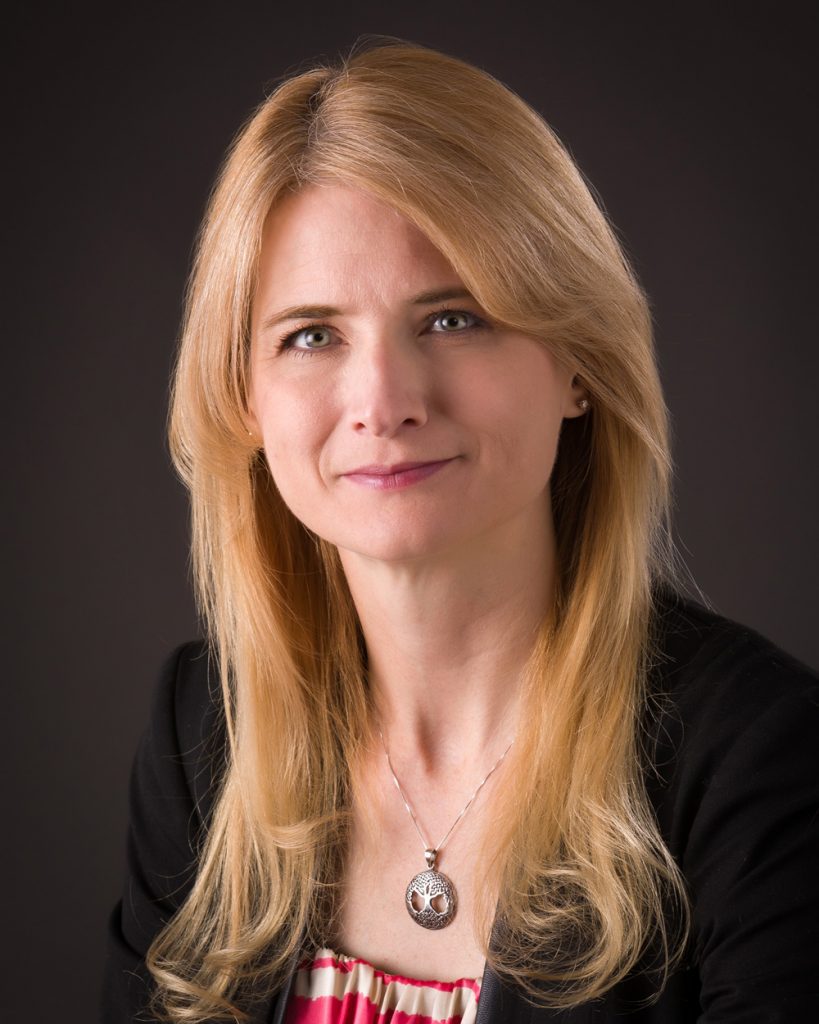
After time as an associate professor at the University of Arizona Cancer Center, Dr. Victor J. Gonzalez comes to Bellingham with particular expertise in breast, lymphoma, and hepatobiliary (liver, gallbladder, bile duct) cancers.
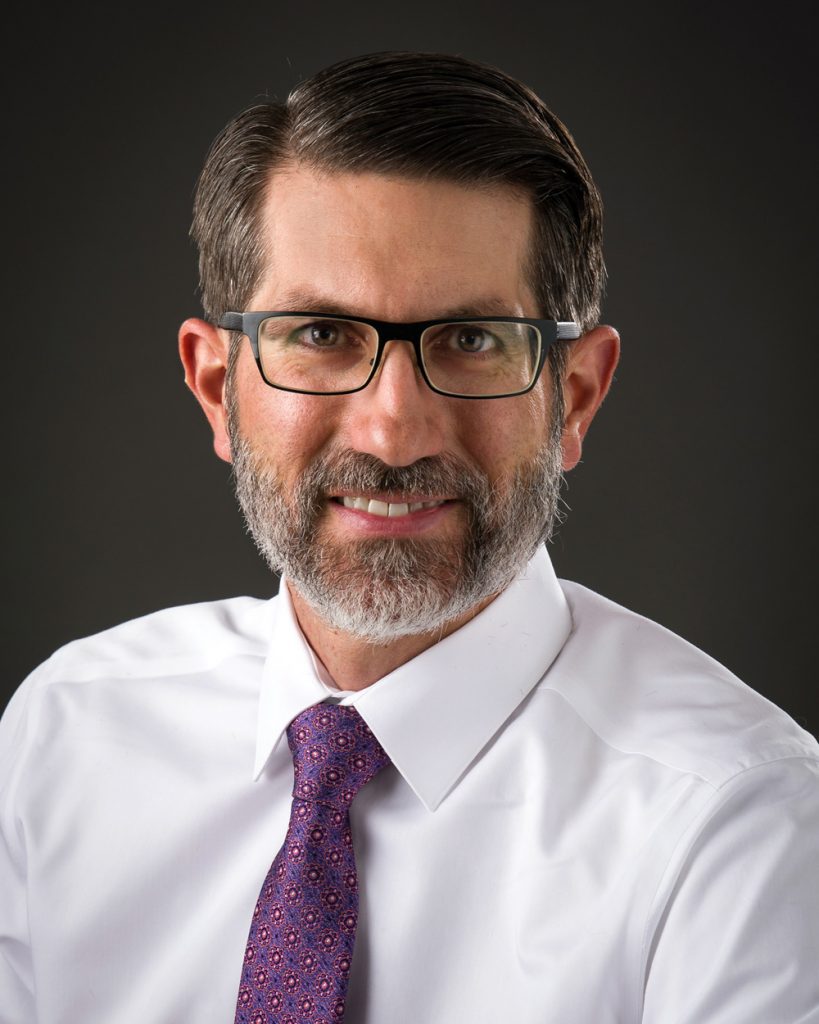
Dr. Lisa Hazard joins PeaceHealth with experience in treating all types of cancers using state-of-the-art radiation therapies, and has undertaken significant academic research in gastrointestinal and brain tumors, among other subjects.
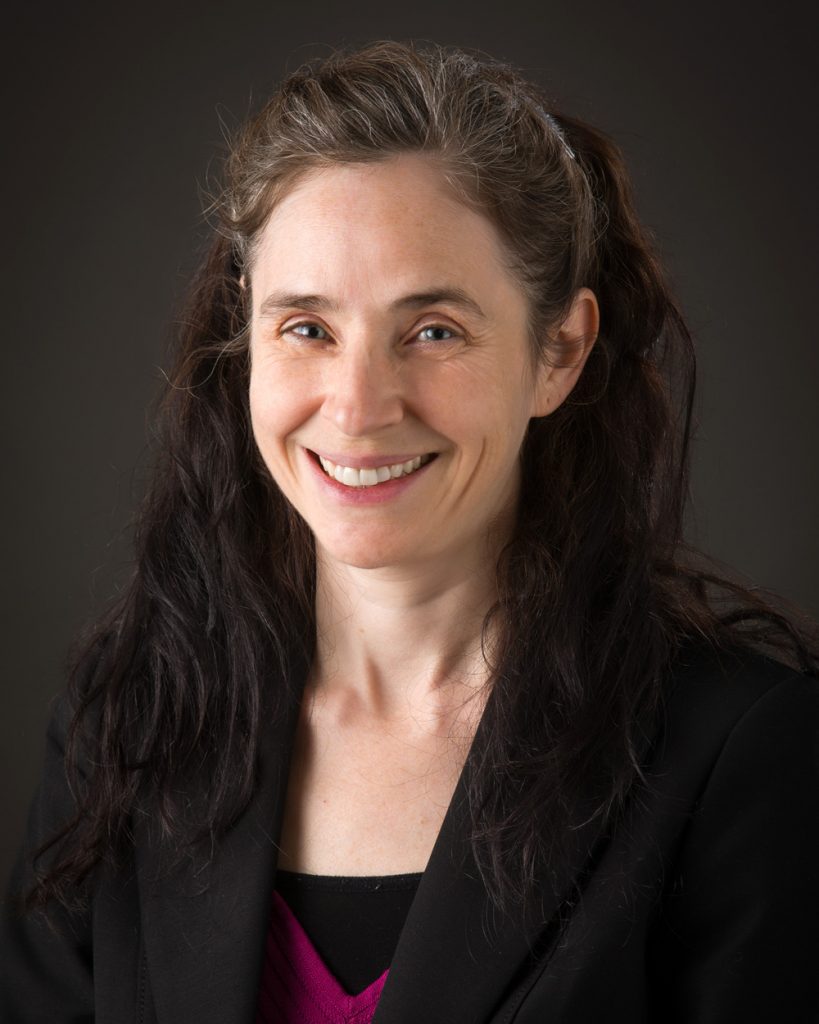
“We’re delighted to have them,” says Dr. Christine Cha, system medical director for cancer services at PeaceHealth. “They’re moving with their families, and all three have ties to the Pacific Northwest.”
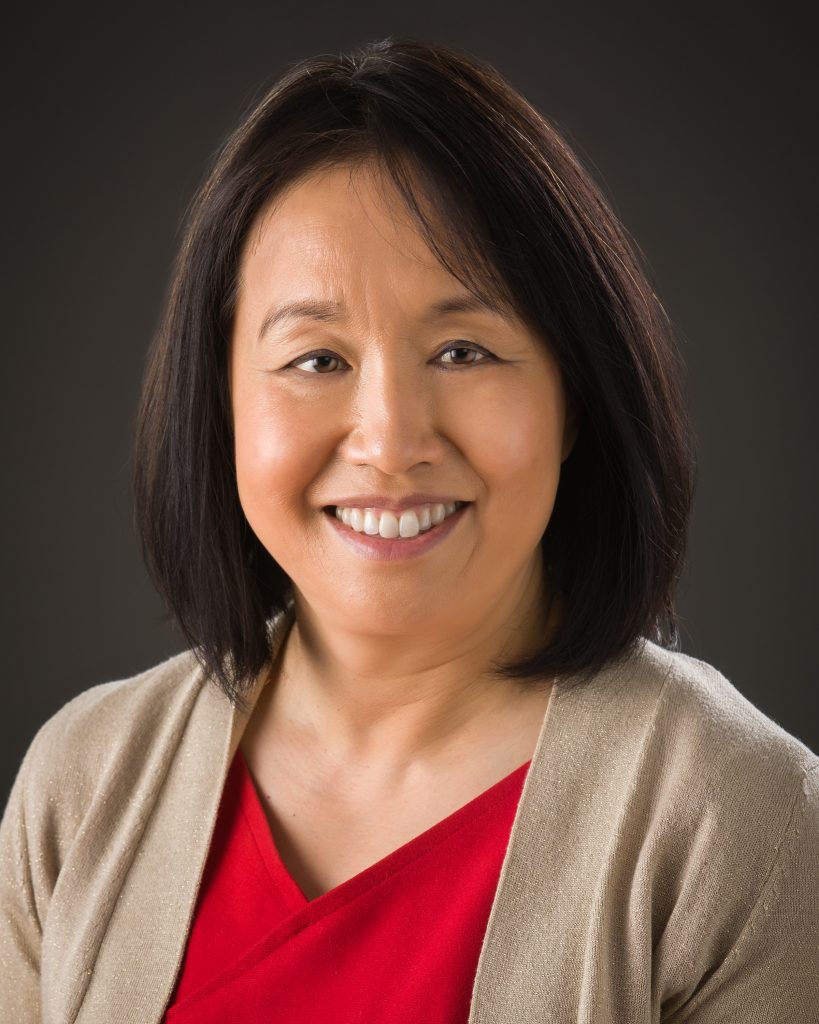
The new trio joins the existing stability of a cancer-fighting team that includes four medical oncologists, advance practice providers, social workers, nurse navigators, and others who strive to provide cancer care and support on a physical, spiritual, logistical, and financial level.

On the technology side, the Cancer Center recently saw installation of a new linear accelerator, its second such device. These machines, which cost between $2 to $4 million apiece, provide state-of-the-art radiation oncology treatment. Utilizing particle physics, a linear accelerator emits radiation with carefully focused beams of energy that spare the healthy tissue surrounding tumors.
The new machine, installed in March, utilizes a HyperArc attachment specializing in brain cancer treatment. The HyperArc provides precision, high-dose radiation in only a handful of non-invasive sessions.
“That has been found to be very effective,” Cha says. “This is the first time this technology’s being offered to Whatcom County.”
The center is also adding genetic counseling services via telemedicine. Thanks to a partnership with the non-profit Genetic Support Foundation, medical oncologists will soon be able to provide cancer patients with genetic testing.
This testing has several uses, including helping to identify if a patient’s family is at-risk for developing the same cancer, says Barbara Nicholson-Sambuceto, director of cancer services for PeaceHealth’s Northwest network. The testing is done with saliva-based test kits sent directly to a patient’s home. Once completed, the tests are sent back to the testing company, which sends results to providers who do consultations with patients over Zoom.
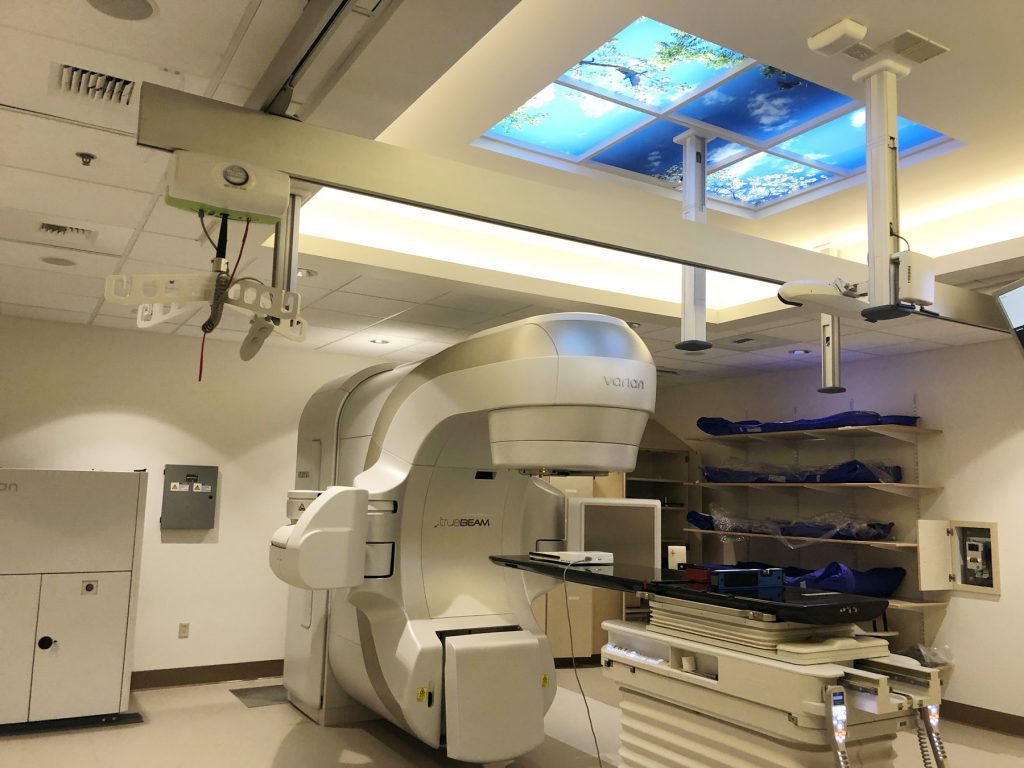
As COVID-19 cases subside, the Cancer Center is also reviving survivorship events and classes, which help those finished with treatments transition back to more normal living and side effect management. The center will be celebrating National Cancer Survivor’s Day on June 5, with activities and treats all week for patients and their families.
Additional PeaceHealth cancer care support and wellness services include yoga, support groups, cancer rehabilitation and nutrition services. The center also provides palliative care for those suffering with long-term effects of cancer and treatment, as well as financial help for those needing to address the funding of often-expensive care.
In all, the PeaceHealth St. Joseph Cancer Center is able to offer patients the level of robust, integrated, state-of-the-art cancer treatment often found in bigger cities like Seattle or Portland, but without the stress and headache of having to travel there.
“Being able to get cancer care close to home is really important,” says Nicholson-Sambuceto. “Cancer care takes a lot out of people physically, of course, but emotionally and spiritually, as well. If people can be near to their social networks, it helps them quite a bit.”
While dealing with cancer is never truly easy, PeaceHealth is focused on making the experience and treatment as uncomplicated, low-stress and effective as possible.
“Our emphasis is on providing truly comprehensive cancer care in the community,” Cha says. “We want patients to feel well taken care of.”
Sponsored

